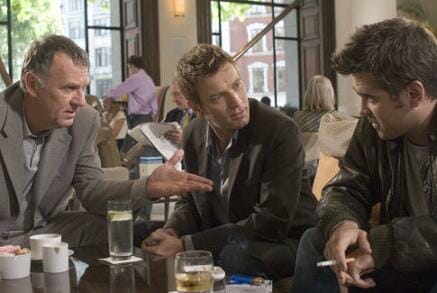Cassandra’s Dream

Director/Writer: Woody Allen
Cinematographer: Vilmos Zsigmond
Starring: Ewan McGregor, Colin Farrell, Hayley Atwell
Studio/Running Time: The Weinstein Company, 110 mins.
-

-

-

-

- Curated Home Page Articles By Test Admin October 21, 2025 | 3:10pm
-

- Curated Home Page Articles By Test Admin October 21, 2025 | 2:57pm
- Urls By Test Admin October 21, 2025 | 2:57pm
- Curated Home Page Articles By Test Admin October 21, 2025 | 2:55pm
-

-

-

-

-

-

-

-

-

-

-

-

-

-

-

-

-

-

-

-

-

-

-

-

-

-

-

-

-

-

-




































